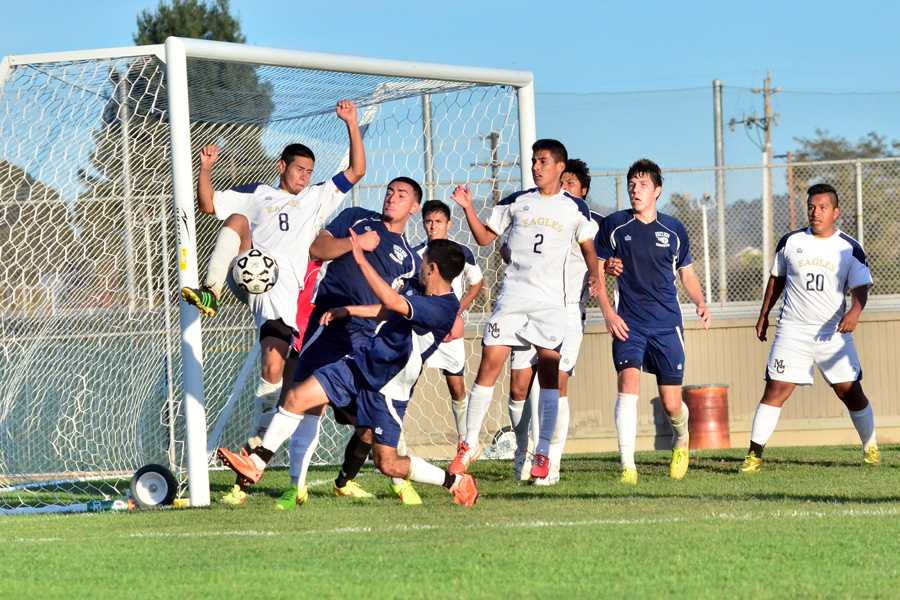This weekend at the 2015 Ontario Soccer Association’s Soccer Development Conference, the Four Corner Model came up many
times. It’s great , it gives you
targets to move your program towards and reminds you of the fact that you are dealing with a developing human being, not just a soccer player.
But is it enough?
But is it enough?
What if everything the child is involved in
uses the Four Corner Model properly, but they are all doing it independently? Are we maximizing what the child can experience and their development? We need to tap into what's going on elsewhere in their life to help the soccer, and vice verse.
For the purpose of this article, I will use
the world “sport” but please take it to mean any activity where your child
engages in some form of recreation, including but not limited to music, art.
Outdoor exploration, etc.




